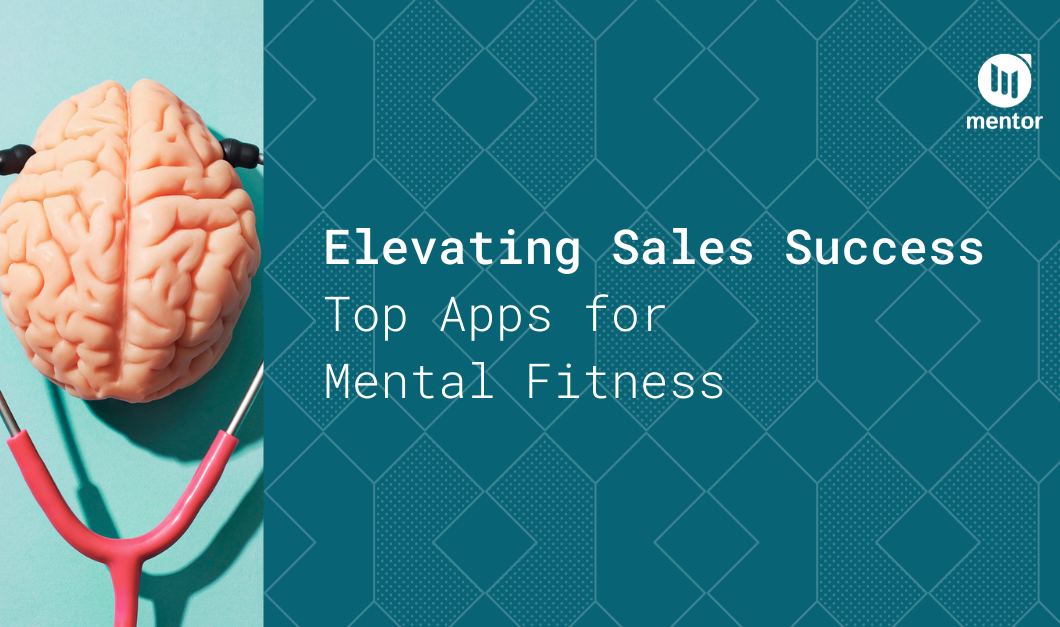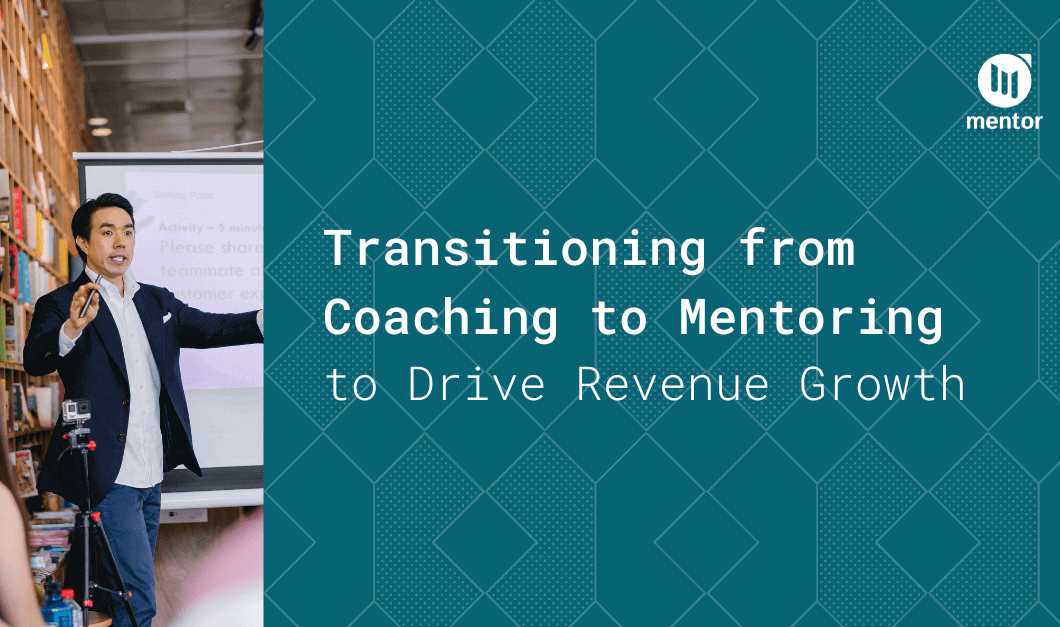Effective employee onboarding is a critical component of maximizing new hire success and reducing turnover rates.
Onboarding provides new hires with the tools, resources, and support they need to succeed in their new role and feel confident and valued in their new workplace.
Statistics show that organizations that invest in effective employee onboarding can improve new hire engagement and reduce turnover rates.
A study by Glassdoor found that companies with strong onboarding programs have 58% higher new hire retention rates compared to companies with weaker onboarding programs.
Additionally, a study by SHRM found that organizations with comprehensive onboarding programs see a 50% increase in new hire productivity and a 20% increase in new hire engagement.
So, what makes an effective employee onboarding program? Here are some key elements to consider:
Pre-boarding: This involves preparing for a new hire's arrival before their first day on the job. This could include sending pre-boarding materials, such as a company handbook or welcome packet, and arranging for any necessary technology or equipment.
Orientation: The first day on the job is an important opportunity to make a positive impression and set the tone for the rest of the employee's time with the organization. Orientation should cover basic information about the company, its culture, and its values, as well as provide new hires with an overview of their role and responsibilities.
Training: Training is a critical component of effective employee onboarding, providing new hires with the skills and knowledge they need to succeed in their role. Training should be tailored to each employee's needs and should focus on both technical skills and soft skills, such as teamwork and communication.
Mentorship: Pairing new hires with experienced mentors can help them acclimate to their new role and workplace. Mentors can provide guidance and support, answer questions, and help new hires navigate any challenges they may face.
Continuous support: Onboarding should not end on the first day or after the first week. Organizations should continue to provide new hires with support and resources as they continue to acclimate to their role and workplace. This could include regular check-ins, performance evaluations, and opportunities for skill development and career advancement.
In conclusion, effective employee onboarding is critical to maximizing new hire success and reducing turnover rates.
By investing in a comprehensive and well-structured onboarding program, organizations can provide new hires with the tools, resources, and support they need to succeed and feel confident and valued in their new workplace.
By doing so, organizations can build a more productive, motivated, and engaged workforce that drives long-term success.







